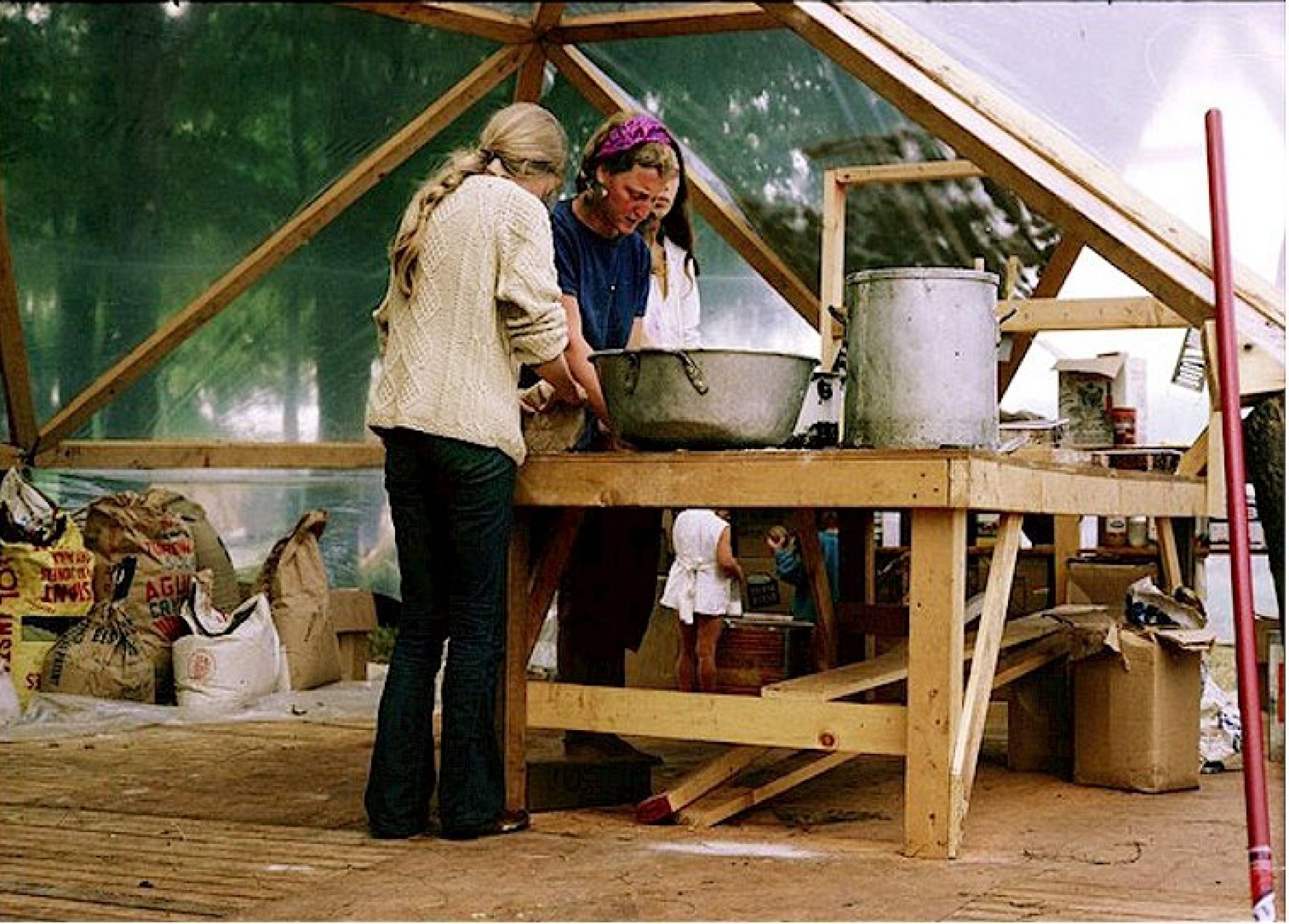Namo Avalokiteshvara, have compassion on me, listen to my sufferings…..
Namo Avalokiteshvara, have compassion on those loved ones around me, listen to their sufferings…..
Namo Avalokiteshvara, have compassion in the world, listen to all sufferings…..
This Buddhist phrase is chanted to honor the Bodhisattva of compassion, someone who can reach nirvana but delays doing so in order to help suffering people. In the case of the MorningSun community in New Hampshire, an extension of the Plum Village tradition, the meaning behind this chant is the basis for their foundation – a community centered around mindfulness and compassion.
Here is a video showing a ceremony of compassion held by the members of MorningSun:
The Plum Village tradition, which MorningSun practices, originates from the geographic location of the Buddhist village in France and from the teachings of Thich Nhat Hanh, a Vietnamese Buddhist monk who was instrumental in bringing Buddhism to the western hemisphere by establishing monasteries. Co-founders of MorningSun – Fern Dorresteyn and Michael Ciborski lived at the Plum Village for nine years, training as a nun and monk under Thich Nhat Hanh for seven. Then, after returning to lay life in the states, they decided to start Mindful Living Initiative, a non-profit organization, and were then able to purchase 243 acres of beautiful land in Alstead, New Hampshire. The traditions of MorningSun represent strong ideals of peace, and represent its possibility even though the community is small in numbers.
